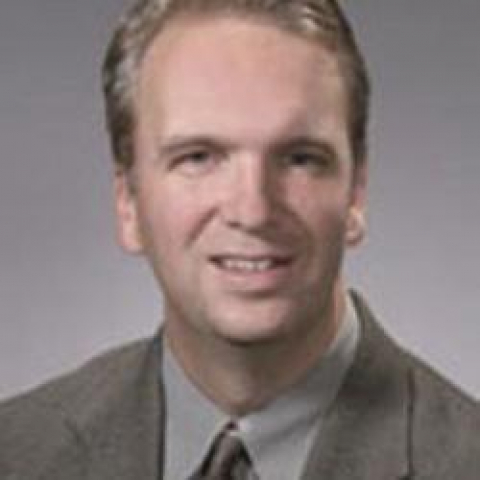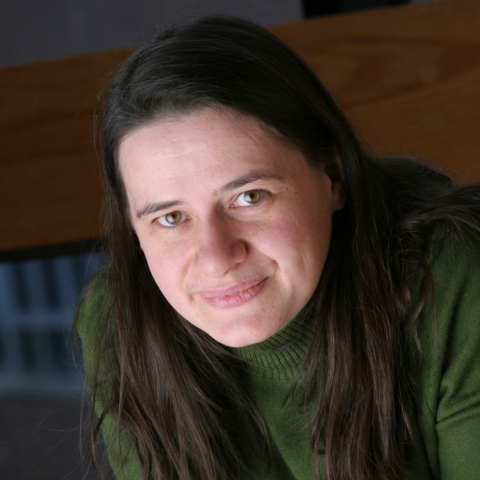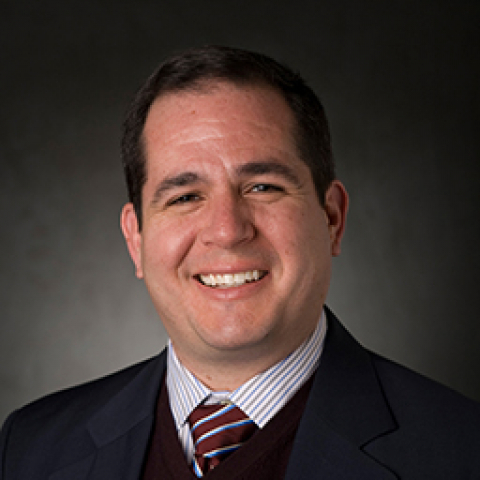People: Cardiovascular Regulation And Disease
Lacy Alexander
Professor of Kinesiology
In vivo and in vitro approaches using the human cutaneous circulation to examine the underlying signaling mechanisms mediating microvascular dysfunction with primary human aging, hypercholesterolemia, and essential hypertension.
Peter Butler
Professor of Bioengineering
Fundamental molecular mechanisms by which vascular endothelial cells sense the forces from flowing blood and transduce this mechanical information into adjustments of cell and tissue biology.
Sonia Cavigelli
Chair, Intercollege Graduate Degree Program in Neuroscience; Associate Professor of Biobehavioral Health
Development of temperament/personality; relationship of temperament and social status to stress and health; individual differences in stress and health in the natural environment.
Nikki Crowley
Director, Neuroscience Institute – University Park; Huck Early Career Chair in Neurobiology & Neural Engineering; Associate Professor of Biology; Assistant Professor of Biomedical Engineering; Associate Director for Postdoctoral Training and Leadership, Center for Neural Engineering
Investigation of peptidergic transmission throughout the brain, using cell-specific and pathway-specific manipulations to understand how peptides alter neuronal signaling and behavior, particularly in the context of stress and drug use.
Patrick Drew
Associate Director, Huck Institutes of the Life Sciences; Professor of Engineering Science and Mechanics, of Neurosurgery, of Biology, and of Biomedical Engineering
Optical imaging of brain dynamics during sleep and behavior; Role of blood flow and cerebrospinal fluid movement in neurodegenerative disease
W. Larry Kenney
Professor of Physiology and Kinesiology
Environmental and exercise physiology, particularly human thermoregulation, skin blood flow, and the biophysics of heat exchange.
Donna Korzick
Director of Graduate Training Initiatives; Professor of Physiology and Kinesiology
My research is focused on aging, post-menopausal women, and cardiac ischemia reperfusion injury using animal models. We are particularly interested in the effects of estrogen deficiency on mitochondrial regulation of cell survival following myocardial infarction. Multiple levels of inquiry addressing mitochondrial quality control regulation and immune signaling is emphasized.
Keefe Manning
Professor of Biomedical Engineering and Surgery
Understanding the native cardiovascular system fluid mechanics; understanding the diseased cardiovascular system fluid mechanics, and the impact that cardiovascular prosthetics generate during and post implantation.
James Pawelczyk
Associate Professor of Physiology and Kinesiology
Neural control of circulation, particularly skeletal muscle blood flow, as it is affected by exercise or spaceflight.
Greg Shearer
Chair, Intercollege Graduate Degree Program in Integrative and Biomedical Physiology; Professor of Nutrition and Physiology
We seek to understand disease-related functional changes in the context of global changes in lipid mediators (bioactive metabolites of dietary fatty acids) and use them to identify markers of disease and better ways to prevent or manage disease









